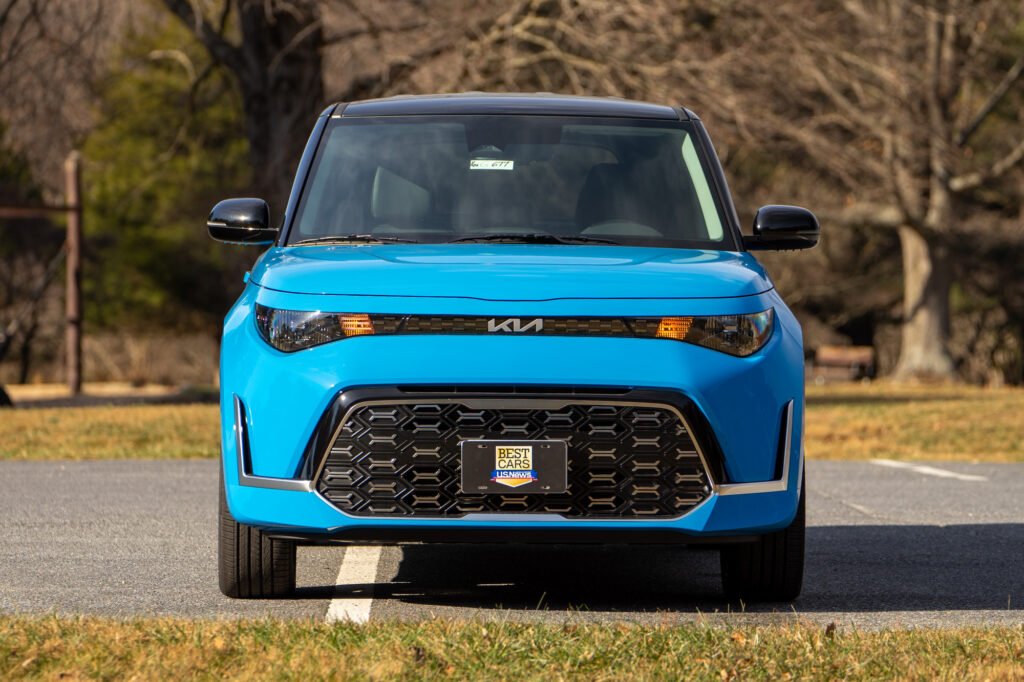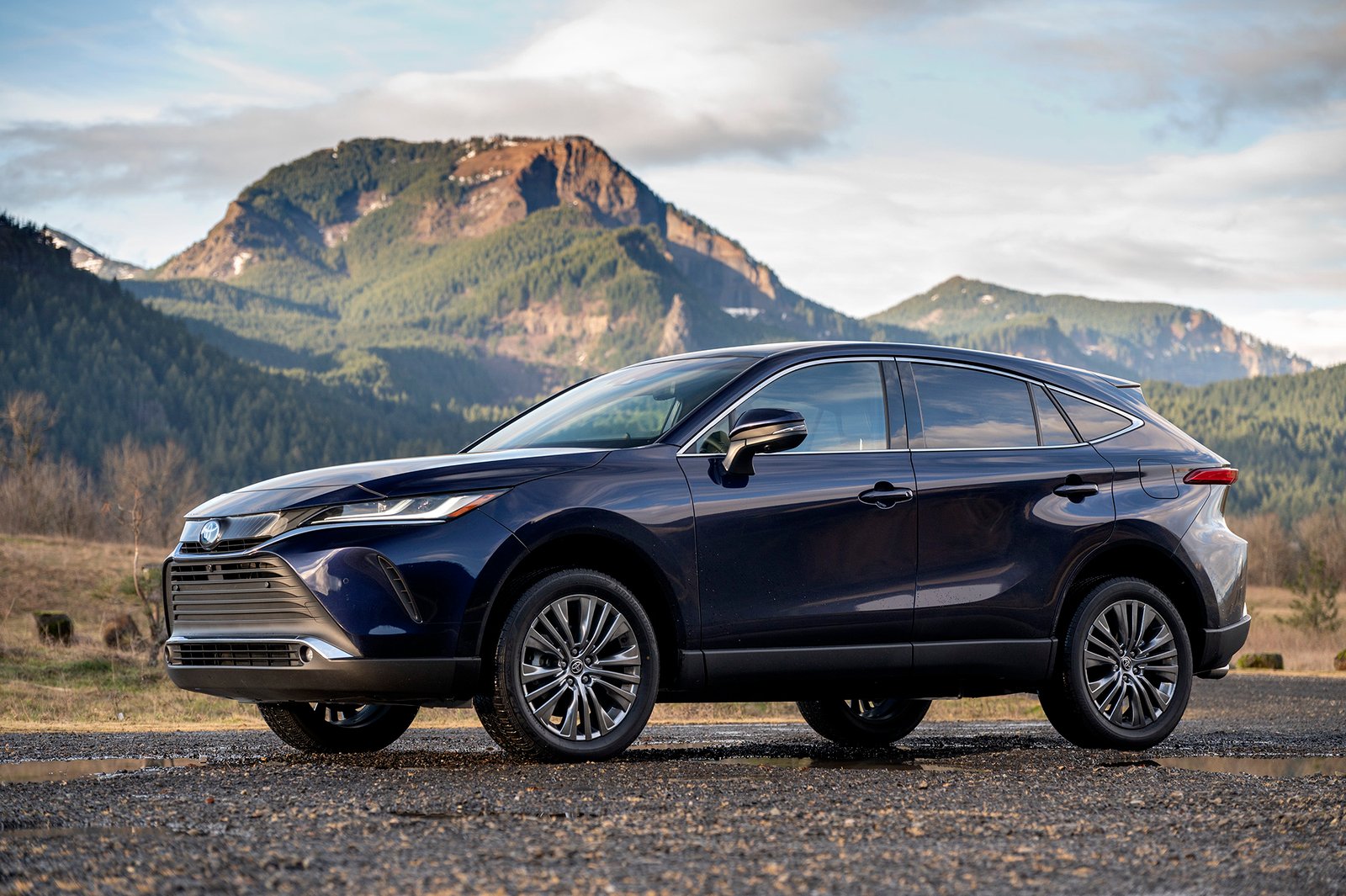How Fuel Efficiency Varies in SUVs
When it comes to choosing a vehicle, fuel efficiency often tops the list of priorities, especially for those considering SUVs. While these versatile vehicles offer ample space and capabilities, their fuel efficiency can vary significantly based on a range of factors. In this article, we’ll explore how fuel efficiency varies in SUVs, the factors that influence it, and what you can do to make an informed choice.
1. Engine Types and Their Impact
Traditional Gasoline Engines
One of the primary factors affecting fuel efficiency in SUVs is the type of engine. Traditional gasoline engines are common in many SUVs, but they can differ significantly in performance. For instance, smaller engines often deliver better fuel economy compared to larger V6 or V8 options. This is because smaller engines require less fuel to operate, which translates to improved efficiency, especially during city driving.
Hybrid and Electric Options
In contrast, hybrid and electric SUVs are gaining popularity due to their superior fuel efficiency. Hybrids utilize a combination of gasoline and electric power, allowing them to achieve higher miles per gallon (MPG). For example, the Toyota RAV4 Hybrid can reach an impressive 40 MPG combined. Fully electric SUVs, like the Tesla Model X, eliminate gasoline use altogether, making them an eco-friendly choice. As technology improves, these options are becoming more accessible and appealing to eco-conscious consumers.

2. Weight and Size Considerations
Influence of Vehicle Size
The size and weight of an SUV also play crucial roles in determining fuel efficiency. Generally, larger and heavier vehicles require more power to move, leading to increased fuel consumption. For example, full-size SUVs like the Chevrolet Tahoe tend to have lower MPG ratings compared to compact SUVs such as the Honda CR-V. This is primarily due to the additional weight and larger engines often found in bigger models.
Aerodynamics Matter
Moreover, the design and aerodynamics of an SUV can affect fuel efficiency. Sleeker, more aerodynamic models can cut through the air more efficiently, reducing drag and improving MPG. Manufacturers are increasingly focusing on these design elements to enhance fuel economy without sacrificing performance.
3. Driving Habits and Conditions
Impact of Driving Style
Your driving habits significantly influence fuel efficiency as well. Aggressive acceleration, sudden braking, and high-speed driving can all lead to increased fuel consumption. By adopting a smoother driving style, you can improve your SUV’s fuel efficiency. For instance, maintaining a steady speed and using cruise control on highways can enhance your MPG.
Terrain and Weather Conditions
Additionally, driving conditions play a critical role in fuel efficiency. Hilly terrain can cause an SUV to work harder, leading to increased fuel usage. Similarly, cold weather can affect engine performance and fuel economy. During winter months, keep in mind that using the heater can also draw power from the engine, impacting efficiency.
4. Technology and Features
Advanced Fuel Management Systems
Many modern SUVs come equipped with advanced fuel management technologies that optimize fuel usage. Features like variable valve timing and turbocharging can help improve efficiency without sacrificing performance. Additionally, some SUVs offer driving modes that allow you to prioritize fuel economy, providing an extra layer of customization for your driving experience.
Smart Driving Assist Features
Moreover, smart driving assist features, such as adaptive cruise control and stop-start technology, can further enhance fuel efficiency. These systems help optimize your driving experience by adjusting speed and engine operation based on traffic conditions, ultimately improving MPG.
Conclusion: Making an Informed Choice
In conclusion, fuel efficiency varies significantly in SUVs due to a combination of factors including engine type, vehicle size, driving habits, and advanced technologies. By understanding these elements, you can make a more informed decision when choosing an SUV that meets your needs for performance and efficiency.
As you shop for your next vehicle, consider taking the time to research various models and their fuel economy ratings. Test-driving different options will also help you assess how each SUV feels on the road. Ultimately, whether you prioritize power, space, or eco-friendliness, there’s an SUV out there that aligns with your preferences and lifestyle. Happy car hunting!



